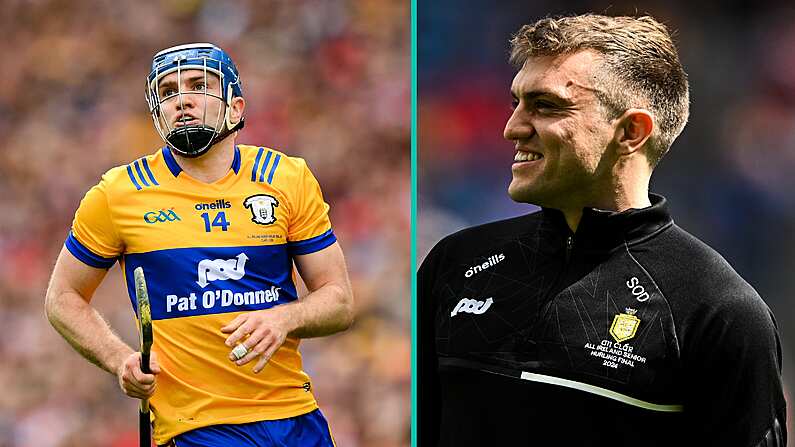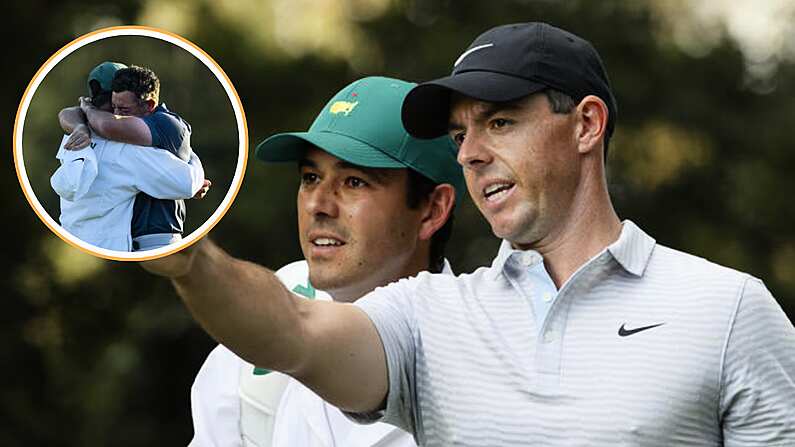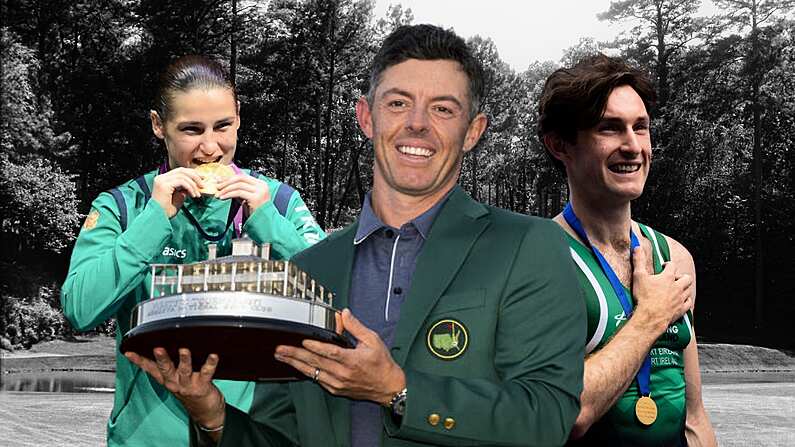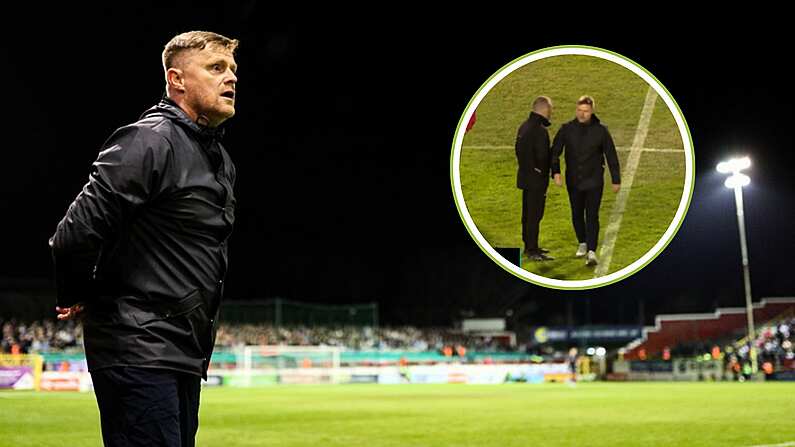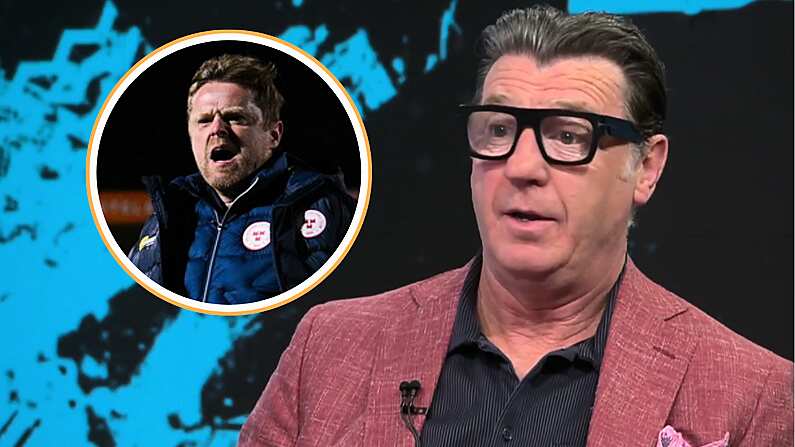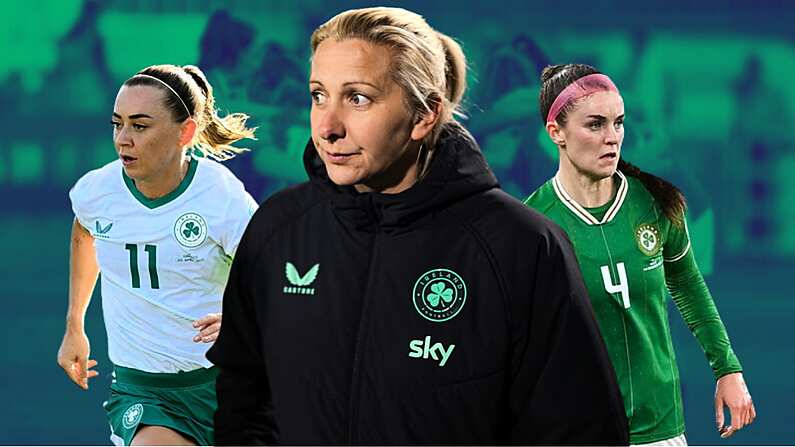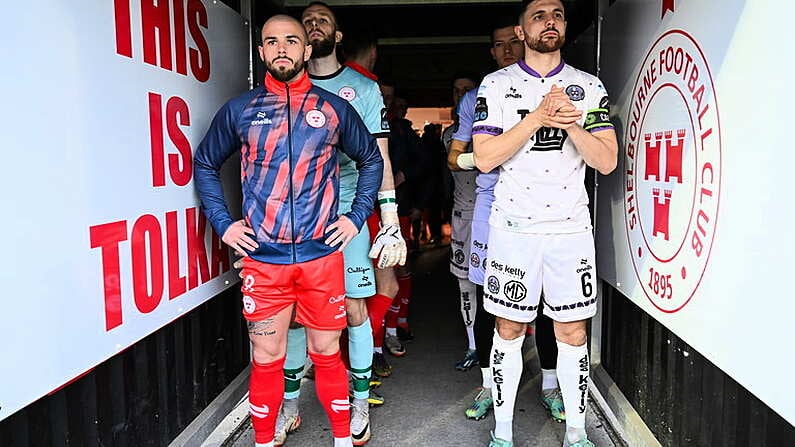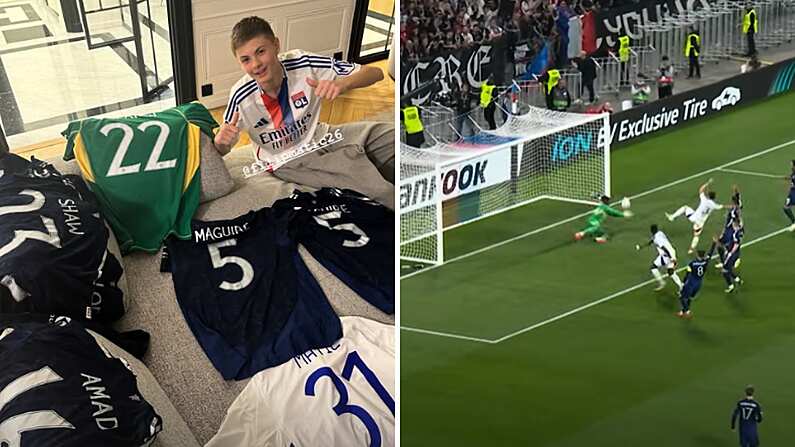Around the time of the draw for Euro 2016 last December, you may remember that we were warned by intelligent folk that the worst possible outcome was to be put in Group E. This was a result of UEFA's ceaseless politicking desire to be more inclusive, by expanding the tournament to include 24 teams.
This robbed the competition of its once beautiful symmetry. The 16-team format was ideal: four groups of four, with the top two in each group progressing to the knockout stages. Those were our kind of maths. With the expansion of the tournament, however, the whole thing has been thrown off-kilter. To navigate around that, UEFA fixed the draw as follows:
The Draw
- Match 1: Runner-up Group A v Runner-up Group C
- Match 2: Winner Group D v 3rd Place Group B/E/F
- Match 3: Winner Group B v 3rd Place Group A/C/D
- Match 4: Winner Group F v Runner-up Group E
- Match 5: Winner Group C v 3rd Place Group A/B/F
- Match 6: Winner Group E v Runner-up Group D
- Match 7: Winner Group A v 3rd Place Group C/D/E
- Match 8: Runner-up Group B v Runner-up Group F
Who plays whom is decided by a ranking of the records of the third-placed sides, according to this table:
The ranking of these groups will then determine the makeup of the knockout stages. This Wikipedia table is the easiest way to understand how they'll be ranked. If the teams qualify come from Groups A,B,C,D, the winners of Group A will face the third-placed side in Group C and so forth:
So, that's the format.
Here's why Ireland's group is the big loser
Group E is the worst one to be drawn in as the winners are not guaranteed a game against any of the third-placed sides (unlike Groups A,B,C,D, whose winners will face a third-placed side) and the runners-up in Group E are guaranteed to face group winners (unlike Groups A,B,C,F, who will face other group runners-up).
What Ireland need to do to qualify
So, how can Ireland circumvent UEFA's imbalanced structure? The identity of opponents in the second round (should we make it that far) will on the record of the other third-placed teams. In the (sadly unlikely) event that we go and win Group E, we will face the runners-up of Group D (consisting of Spain, Czech Republic, Turkey and Croatia), making a reunion with the Croats the most likely outcome.
If we finish second in our group we will face the winner of Group F. Group F looks slightly less daunting: Portugal or Austria will likely battle it out for top spot. Second, given the limitations of the Italians and Sweden's reliance on Zlatan, is not beyond the realms of all possibility.
The most likely scenario, however, is we finish third in our group. If we finish with a lower points total than two of the other third-placed teams, then we are out. But given that those in contention are likely to include Hungary, Iceland, Turkey, Northern Ireland, Wales, Ukraine, a Russia decimated by injury, Albania and Romania, one victory will put us in with a good shot of qualification.
If we finish third, we fill face either the winner of Group D (probably Spain) or the winner of Group A (almost certainly France).
To indulge in the doomed art of prediction, we expect the third-placed teams to come from Groups B,C,D and E) meaning a second round clash with Spain is most likely.
So how do we stick it to UEFA's scheduling?
Finish second in the group. Top spot may be unrealistic, but if we can squeeze into second ahead of Italy and Sweden, then a tie against a side from Group F awaits. Far less daunting than another game against the Spanish or Croatia.
See Also: Watch: Jason McAteer And The Most Entertaining Taxi Journey You're Ever Likely To See
See Also: Euro 96: When I Learned To Love English Misfortune



